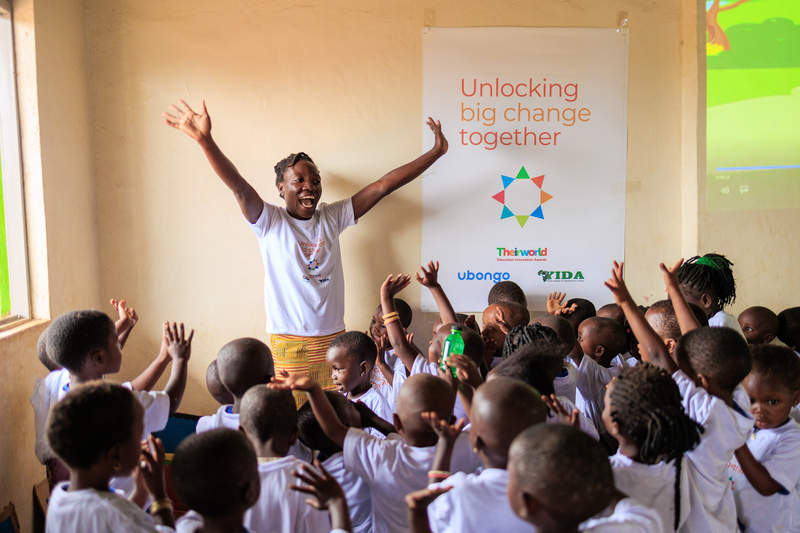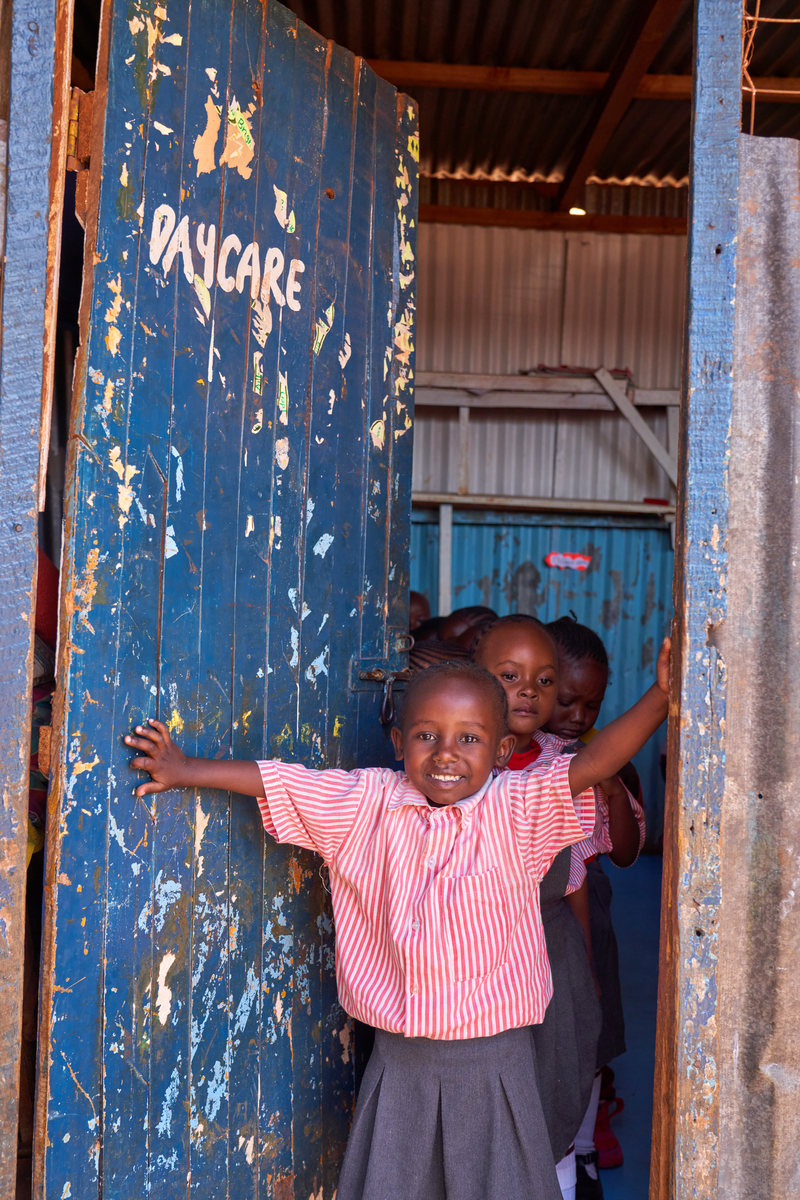Theirworld report reveals aid to pre-primary education was cut at peak of pandemic

As our Act For Early Years campaign calls for world leaders to invest in the early years, new research shows that donors reduced their pre-primary spending at the height of the Covid-19 crisis.
A new report for Theirworld reveals that international aid to pre-primary education fell by almost 10% at the height of the Covid-19 pandemic.
Donors cut their spending between 2020 and 2021 – the first decline for three years, according to new analysis by Cambridge University academics.
The findings have prompted allegations from education campaigners that world leaders are ignoring the education of the poorest and youngest children and reneging on a promise they made five years ago to invest in the early years.
The new report comes as Theirworld’s Act For Early Years campaign gathers momentum. We are calling for leaders of the G20 countries to make new pledges to ensure that all children have access to quality early childhood development.
Theirworld Chair Sarah Brown said: “These new figures raise the alarm that the international community is missing its own targets – and moreover that investments in preschool and learning are being cut.
“The G20 made a promise five years ago to transform the investment in the early years. They urgently need to review and revitalise its commitments, as does the whole international community, if we have any hope of meeting the Sustainable Development Goal target of quality early childhood development, care and education for every child by 2030.”
“For every child the early years are a once-in-a-lifetime opportunity. It’s our duty to ensure they are not wasted.”
Theirworld Chair Sarah Brown
Theirworld and partners has been campaigning since 2017 for international donors and countries to spend 10% of their education budgets on early childhood education and learning.
Numerous studies have shown that pre-primary education is crucial to a child’s development and that children who miss out on early years learning fall behind others even before they start primary school.
But our report reveals that, at the peak of the Covid-19 crisis, aid spent on pre-primary education fell by 9.4% – from $209 million in 2020 to $189 million in 2021.
Despite its long-term benefits, aid spending on preschool education remains consistently low, with donors spending 27 times more on post-secondary education in 2021.
Spending on pre-primary education accounted for just 1.1% of the international community’s aid to education in 2021, down from 1.2% in 2020.

Children at Zeal Covenant Kindergarten in Kawangware, Nairobi, Kenya – an example of an early childhood development centre in Kenya run by a franchisee of Kidogo (Theirworld/Trevor Maingi)
Only UNICEF consistently meets Theirworld’s recommended target of investing at least 10% of education aid budgets in pre-primary education. However, last November more than 140 countries at least committed to meeting this target at a UNESCO conference on early childhood education in Tashkent, Uzbekistan.
Professor Pauline Rose, director of the Research for Equitable Access and Learning (REAL) Centre at the University of Cambridge, is one of the report’s authors.
She said: “It is shocking to see the further neglect of donor spending on pre-primary education during Covid-19, pushing the world’s poorest children further to the margins.
“While donors protected the already significantly larger spending on higher education scholarships for students to study in donor countries at this time, pre-primary education spending was cut from an already extremely low level.
“It’s time that international donors prioritise spending on pre-primary education to give young children the chance of a better future.”
More key stats from the report
- Of the top 35 aid donors to education generally in 2021, eight – including the Netherlands, Denmark, Romania and Saudi Arabia – did not spend a single cent on pre-primary education.
- The United Kingdom, France, Germany and Norway were among eight countries that committed less than 0.5% of their education aid budget to pre-primary education.
- Of all donor countries, Italy committed the largest share of its education aid budget to pre-primary education at 18.8% – up significantly from 1.9% in 2020.
- Of the 120 countries receiving aid for pre-primary education, 114 received less than $5 per child in 2021, including the Central African Republic, Chad, Niger and Syria, which received less than 10 cents per child. Eritrea and Sudan received nothing.